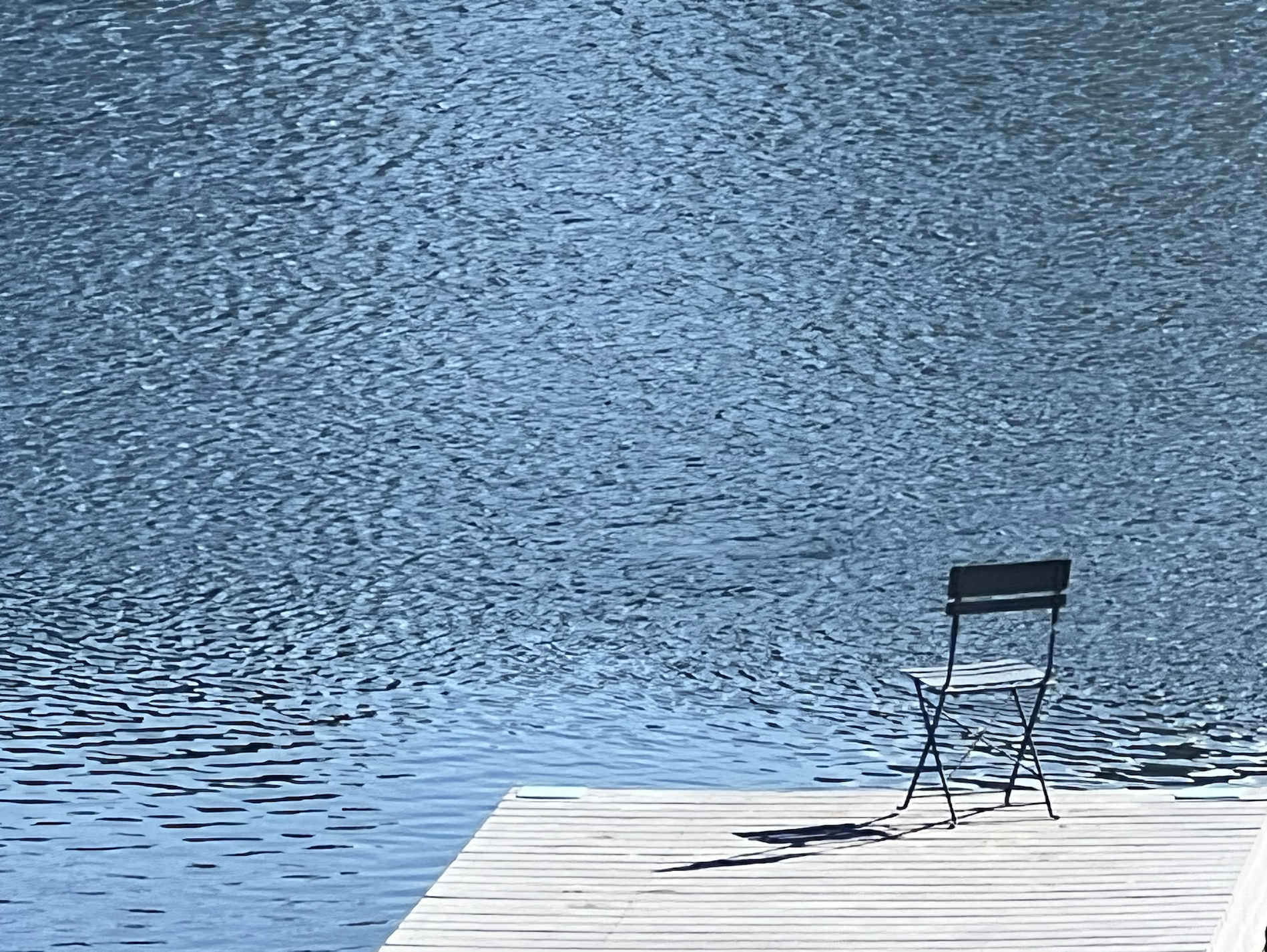I love this story from Jeannel King, whom I met in Kentucky. Jeannel was a participant at an AoH in Indiana, September 2007.
One of the reasons I love this story is that it shows how we can move very quickly and yet with clarity and beauty. I also remember Jeannel as she harvested back from one of the open space sessions — her group and birthed the Imperfect Action Committee. Big smiles. Big freedom to move with fluidity and simply keep learning.
Enjoy this story…
Hi all,
I wanted to share an experience I had at tenth annual Grupo Tortuguero conference my organization hosted in Loreto, BCS. This conference basically brings fishing communities throughout Baja and Mexico together to network and learn from each other’s sea turtle conservation efforts. While it focuses on Baja, the conference is truly an international one, with participants coming from all over the world. This year, RETOMALA joined the conference, bringing a strong Latin American sea turtle conservation contingent to the process.
A week before the conference was to occur, my director shared with me that RETOMALA planed to create a Latin American sea turtle conservation manifesto as the last session for the conference. She knows about my passion and experience with Hosting, and put me in touch with the organizing group so that I could help them shape the process. Unfortunately, the week before a conference is a bad time to reach anyone, and repeated attempts to connect were unsuccessful. I ended each communication with my offer to help in any way I could with this exciting project.
Well, an hour before the manifesto session was to occur, my director found me and asked if I could work right now with RETOMALA to shape the manifesto process–to basically come up with a plan for the event. Omar and I got together and spent a good half hour drawing up some diamonds of participation. Because time was short and supplies were even shorter, I went for a modified cafe format and really focused on questions to drive the conversation process that would really resonate with the group. Because of the lack of time, and my so-so Spanish skills, I served only as designer for this process, while Omar actually facilitated the group. Here are the questions we ended up with:
1) What are the threats that compromise the survival of sea turtles in YOUR community?
2) What is YOUR community willing to commit to doing to assure the survival of sea turtles?
3) What does YOUR community need to continue to work for the protection of sea turtles?
These questions were important and powerful for the group, because sea turtle conservation is typically viewed through a broad lens, and we wanted to invite each community voice to speak to what THEY experienced in their work. By looking at what each community was willing to commit to, and what they needed to be supported in that commitment, we built in an element of sustainability for the manifesto.
Sixty people attended the manifesto session from the Baja California peninsula, Mexico, and Latin America. Twenty-one of the individuals participating were community leaders, and viewed as elders in the work. People were divided into four groups: all of the community leaders were in one group, and the rest of the people were split amongst three other groups to discuss our questions in a modified cafe. It was important to RETOMALA and the community members themselves to keep the community leaders in one group. This allowed an elder council, if you will, to share their respected views from their individual communities, and proved to be an incredibly powerful process for all participants both in the small groups and once they came back together.
As Omar facilitated, I wandered about the groups to observe the process. I can’t tell you how amazing it was to see people from diverse backgrounds and countries sitting close together in small groups, lost in discussion and sharing. Everyone was so respectful and intent on delving deep into these questions–looking at the issues from each community’s perspective and then bringing all that insight together to find the commonalities from which to build the manifesto. Listening to the elders share their experiences was powerful, and there were very few dry eyes in the circle.
Feedback after the process was amazing. I found my friend and colleague who had participated as a community leader in the discussions and aske him what he thought of the manifesto session (he didn’t know about my role in it). He said that it was very good and very powerful. As a community leader, he gets wrapped up in his own issues surrounding sea turtle conservation–namely, the problems involving bycatch from fisheries. It was humbling and enlightening for him to hear about the diverse range of issues different communities experienced in their own work, and it was empowering for him to realize the commonalities they shared and the support they could offer each other.
Excited at his response, I tracked down my director to share Chuy’s comments with her. She said that she had heard the same thing from several participants–that they were very proud to have participated in such a process, and all the harvesting is being synthesized into the manifesto document.
So, I guess my lessons learned from this experience are:
1) Imperfect action can be a great thing!
2) You don’t have to facilitate a process to have a hand in creating an amazing process…it’s about whatever strengths you can share.
3) Sometimes flying by the seat of one’s pants is just what an event needs.
4) Even if you’re flying by the seat of your pants, don’t forget about the harvest!
And finally,
5) This stuff really does work!
Abrazos a todos,
Jeannel
